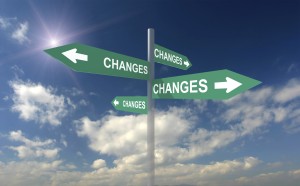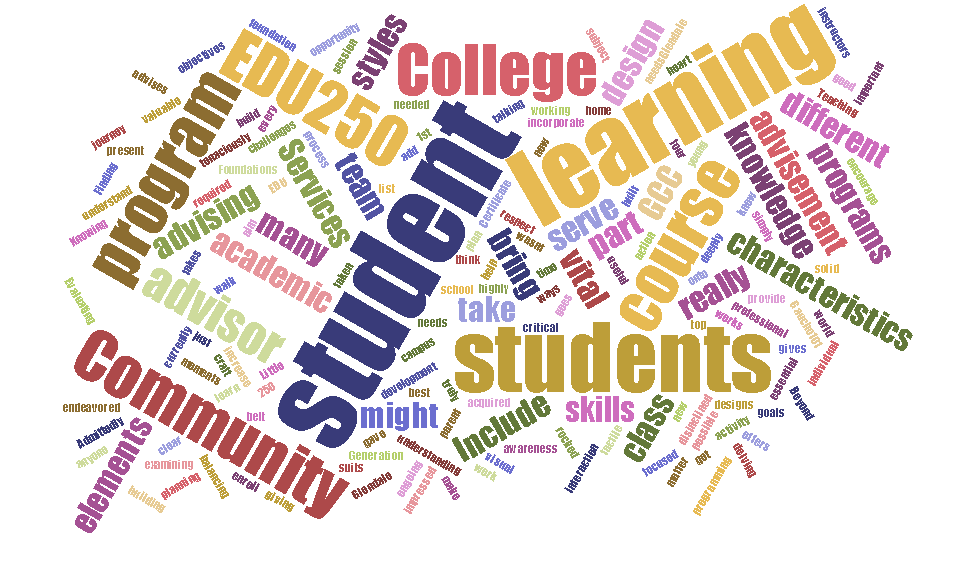We have all experienced change: change in our surroundings, change in circumstances, change in thinking, change in appearance and change in attitude.
have all experienced change: change in our surroundings, change in circumstances, change in thinking, change in appearance and change in attitude.
I’ve never quite fully understood how some people can easily embrace change and can adjust their lives while others get shaken up or experience meltdowns. Change can be actively chosen and created by self, part of nature or brought about by others without our permission or control. Even when we actively make a decision for a change, we may find out it was harder than expected and not so much fun to muddle through.
For me, significant changes in my life included marrying, giving birth to children, balancing college and raising children at the same time, experiencing empty nest syndrome, starting new jobs, sudden death of a love one, adjusting to a spouse retiring, and moving across country and leaving a home and friends of 25 years. All of these events made my life different than the day or weeks or years before.
Change occurs during my job here at GCC, I experience change on a daily basis. Every day is different. Different students and situations are the springboards for different types of actions and conversations. It isn’t necessarily affecting my personal lifestyle but sometimes it could affect a change in my attitude, both positive and negative.
Our DRS office will be experiencing a significant change in location soon. In fact, there are several offices that are experiencing a change of location. While some staff may not be happy about the changes, others are excited for stability and a place they can call home.
So how can we best handle changes in our lives that throw us off balance and rattle our nerves? We can go in the direction to pray for peace, understanding, or healing of the spirit and mind. Begin to look for the silver lining in our change. Carol Dweck, the Stanford University psychologist and author of the Mindset: The New Psychology of Success, discusses 4 steps for someone to get out of a (words italicize are my own) Fixed mindset (Woe is me, nothing will change, I’m no good) to a Growth mindset (yes this might be bad but what will I learn from this change/challenge? What can I do better? ).
Step 1: Learn to hear your fixed mindset “voice.” (I call it the negative and defeated voices)
Step 2: Recognize that you have a choice. (I get to decide what to listen to and believe about myself or circumstances. I get an opportunity to change the way I think and believe about my situation or myself)
Step 3: Talk back to it with a growth mindset voice (My change or situation may not look good but I will learn to find positive things about it)
Step 4. Take the growth mindset action. (Whenever negative, defeat thoughts and actions occur, identify it for what it is and then translate those to positive thoughts, speech and action)
I would encourage you to learn more by going to http://mindsetonline.com/whatisit/about/index.html





